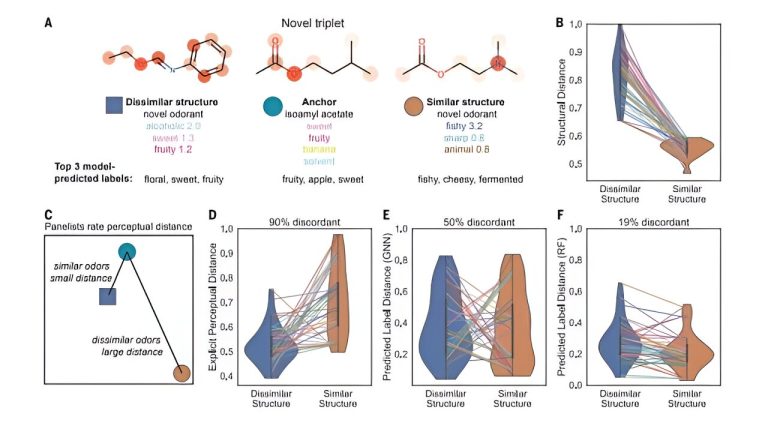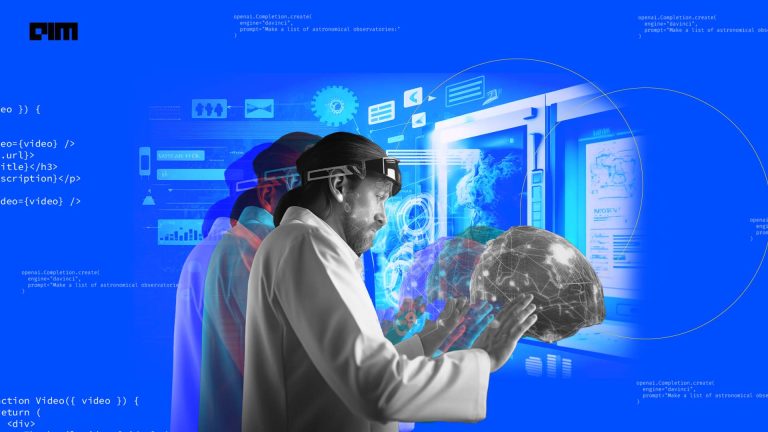India recently launched its first preprint server ‘IndiaRxiv’, which aims to be a one-stop shop for domestic research. IndiaRxiv is a preprints repository service for India, managed by Open Access India and hosted by the Society for Promotion of Horticulture, Bengaluru. The repo is a one-stop portal for Indian researchers’ early works. Preprint server allows immediate sharing of research results and can provide quick feedback to help revise and prepare a manuscript. A community of practice, Open Access India, maintains the India Archive preprint repository.
Preprint servers are open access online archives or repositories that contain research papers before their peer review and publication. Their main aim is to accelerate the dissemination process of research findings and enhance their visibility. As the peer review process takes time and there is a subsequent delay in publication, preprint servers are useful tools for researchers to post a full draft of their research papers and get immediate feedback from their colleagues. Let’s take a look at some of the most popular preprint servers in AI research.
arXiv
arXiv is an open-access repository for electronic preprints and post-prints; it has a free distribution service and an open-access archive for scholarly articles in physics, mathematics, computer science, quantitative biology, quantitative finance, statistics, electrical engineering and systems science, and economics. Mathematics, physics and many scientific papers are self-archived on the arXiv repository before they get published in a peer-reviewed journal. Some publishers even grant permission for authors to archive the peer-reviewed postprint. ‘arXiv’ was one of the first adopters and promoters of preprints. Its success in sharing preprints was one of the precipitating factors that led to the movement in scientific publishing known as open access.
Cogprints
CogPrints is an electronic archive for self-archive papers in many subjects, including computer science, artificial intelligence, robotics, vision, learning, speech, and neural networks. Cogprints is powered by EPrints3 and developed by the School of Electronics and Computer Science, University of Southampton. CogPrints invites scientists to deposit their e-prints in the archive. The advantages for contributors include high visibility; permanent, instant, global accessibility; text-capturability, feedback, comments and also quoting in others’ work; no cost to circulate preprints or reprints.
OSF Preprints
The Open Science Framework (OSF) is an open-source software project that facilitates open collaboration in science research. OSF Preprints integrates OSF project infrastructure, allowing researchers to include supplemental data, materials, code or other information alongside their preprint. OSF Preprints makes sharing research as easy as uploading a file. Post your work, solicit feedback, and tag categories for others to find, comment on, and engage with you. The files can be stored on OSF storage or through connected services like GitHub, Dropbox, Amazon S3, Box, Google Drive, ownCloud, etc.
Preprints.org
Preprints.org is dedicated to making early versions of research outputs that are permanently available and citable. They post original research articles, comprehensive reviews, and papers that authors can update at any time. Content on Preprints.org is not peer-reviewed and can receive feedback from readers. All preprints are posted with a Creative Commons CC BY 4.0 licence that ensures that authors retain their copyright and receive credit for their work while allowing anyone to read and reuse it. This platform is for multidisciplinary research work. For each preprint, authors can register a unique digital object identifier issued by Crossref. This makes them instantly citable and provides a permanent link to the article, even if the URL on the platform changes. New versions of preprints receive different DOI.
Zenodo
Zenodo is a general-purpose open-access repository that was developed under the European OpenAIRE programme and operated by CERN. Zenodo allows researchers to deposit research papers, data sets, research software, reports, and any other research-related digital artefacts. A persistent digital object identifier (DOI) is minted for each submission, which makes the stored items easily citable. Datasets, documents and other research materials required can be found in the Zenodo search engine. Scholars from any research discipline are allowed to upload data in any file format. Section 6(c) of the EUI Library Research Data Guide details on assigning metadata to research datasets. Zenodo code itself is open-source and built on the foundation of the Invenio digital library, which is also open-source. The work-in-progress, open issues and roadmaps are shared openly in GitHub, and contributions are welcomed from anyone.
TechRxiv
TechRxiv is an open, moderated preprint server for unpublished research in engineering, computer science, and related technology. By using TechRxiv, authors can quickly disseminate their work to a wide audience and gain community feedback on a timestamped draft version of their research. TechRxiv accepts unpublished research in electrical engineering, computer science, and technology. Articles suitable for TechRxiv should comply with one of the16 subjects that describe TechRxiv’s fields of interest, including Aerospace, Bioengineering, Communication, Networking and Broadcast Technologies, Components, Circuits, Devices and Systems, Computing and Processing, Engineered Materials, Dielectrics and Plasmas, Engineering Profession, Fields, Waves and Electromagnetics, General Topics for Engineers, Geoscience, Nuclear Engineering, Photonics and Electrooptics, Power, Energy and Industry Applications, Robotics and Control Systems, Signal Processing and Analysis and Transportation.



















































































